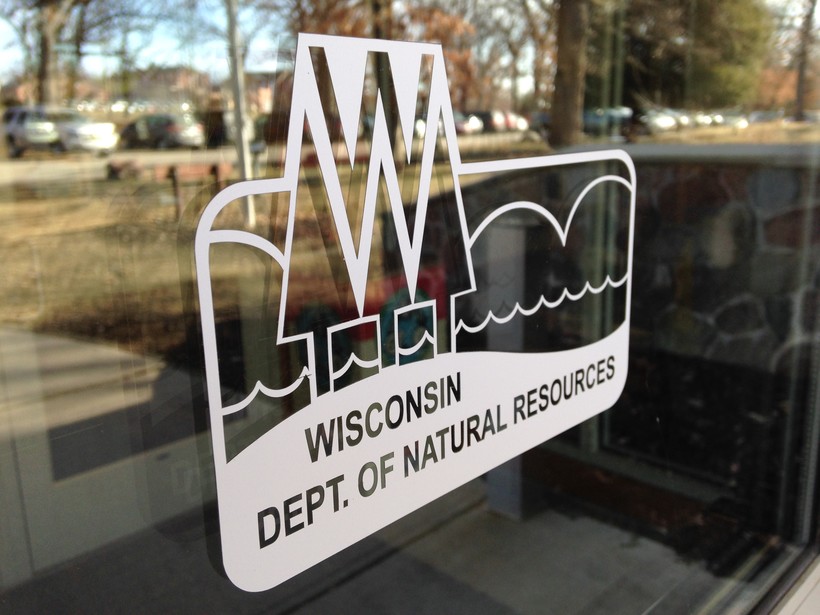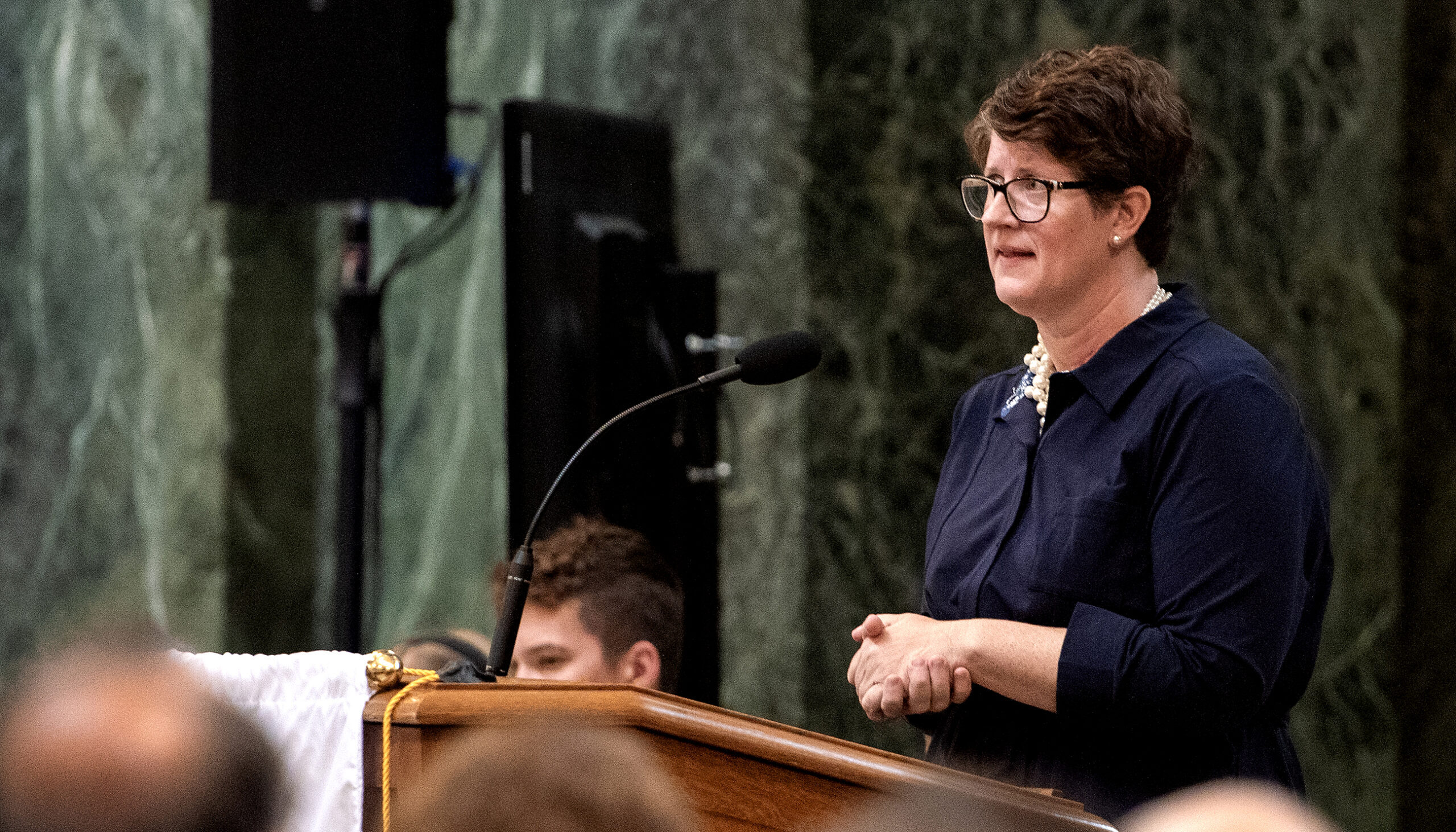As Wisconsin grapples with an uncertain future when it comes to federal funding, a new audit sheds some light on how the state handled federal money in the last budget.
The nonpartisan Legislative Audit Bureau released a report Friday that shows state agencies administered $18.6 billion in federal financial assistance in the 2023-24 fiscal year.
The state’s federal assistance was broken down into nearly $17 billion in “cash assistance,” $1.6 billion in “noncash assistance” and $47.5 million in outstanding loan balances, the report said.
News with a little more humanity
WPR’s “Wisconsin Today” newsletter keeps you connected to the state you love without feeling overwhelmed. No paywall. No agenda. No corporate filter.
The audit also found compliance issues with state agencies financial reporting and record keeping, as well as their use of some funds. It included more than 100 recommendations to agencies to address those issues.
Jason Stein, president of the Wisconsin Policy Forum, said the annual report tracks billions of federal dollars that flow through dozens of programs.
“There’s going to be some issues, inevitably, every year,” he said. “And the audit is an important part of keeping those processes as tight as possible.”
According to the report, Wisconsin spent $2.3 billion in federal funds related to the COVID-19 health emergency in the 2023-24 fiscal year. The largest portion of those expenses was $1.1 billion related to the Education Stabilization Fund program.
Stein said the state will no longer be able to draw from those pandemic-related federal funds as officials work to craft future state budgets in 2025 and beyond.
“Local governments and school districts are in the same boat,” he said. “That’s a significant change.”
Stein also said it’s still unclear what changes could be coming to other federally-funded programs like Medicaid or food stamps. He said the state of the economy is also another “big source of uncertainty” for state officials as they craft the next budget.
“That’s, I think, probably the No. 1 thing that people who are trying to craft the state budget are watching,” Stein said. “Is there going to be any impact to state tax revenues from all of this? Or impact to the unemployment rate, which could drive up the use of programs like Medicaid?”
The report also included 101 recommendations to state agencies aimed at addressing “internal control deficiencies” in their financial reporting and record keeping. They range from asking the Department of Administration to implement new procedures to assess internal controls to asking the Department of Public Instruction to develop written policies for complying with federal requirements.
In a statement, state Rep. Robert Wittke, R-Caledonia, who co-chairs the Legislative Audit Committee, said he was “disturbed” by the issues around financial record-keeping in the report.
“Monitoring where funds are sent and spent is a non-negotiable requirement — too many state agencies aren’t living up to the standards,” he said in a written statement. “We will continue to dig into these findings and look to hold agencies accountable to resolve the issues that continue to appear in these audit findings.”
The Legislative Audit Bureau also questioned $36.1 million in expenditures that agencies “charged inappropriately” to federal funds. The largest chunk of those were related to a summer food stamps program for children that the Department of Health Services launched in the 2023-24 fiscal year.
“We found DHS did not follow federal cash management and allowable cost requirements,” a summary from auditors reads. “DHS recorded expenditures and drew down $35.1 million in federal funds that were not supported by participant food purchases.”
In a February response to the audit bureau included in the report, Barry Kasten, director of the Bureau of Fiscal Services at DHS, said the agency agreed with the “cash management concerns” cited in the report, but said the questioned funds “do not represent inappropriate federal spending.”
“A reconciliation of funds received to funds spent for the children in this program was completed in early [fiscal year] 2024-25, with any unspent balance returned to the federal government in September 2024,” Kasten wrote.
Stein said the errors found by the audit bureau help illustrate that the nonpartisan entity is doing its job.
“The fact that the auditors are catching these errors is the system working,” he said. “That’s why we have the Legislative Audit Bureau.”
Wisconsin Public Radio, © Copyright 2025, Board of Regents of the University of Wisconsin System and Wisconsin Educational Communications Board.







